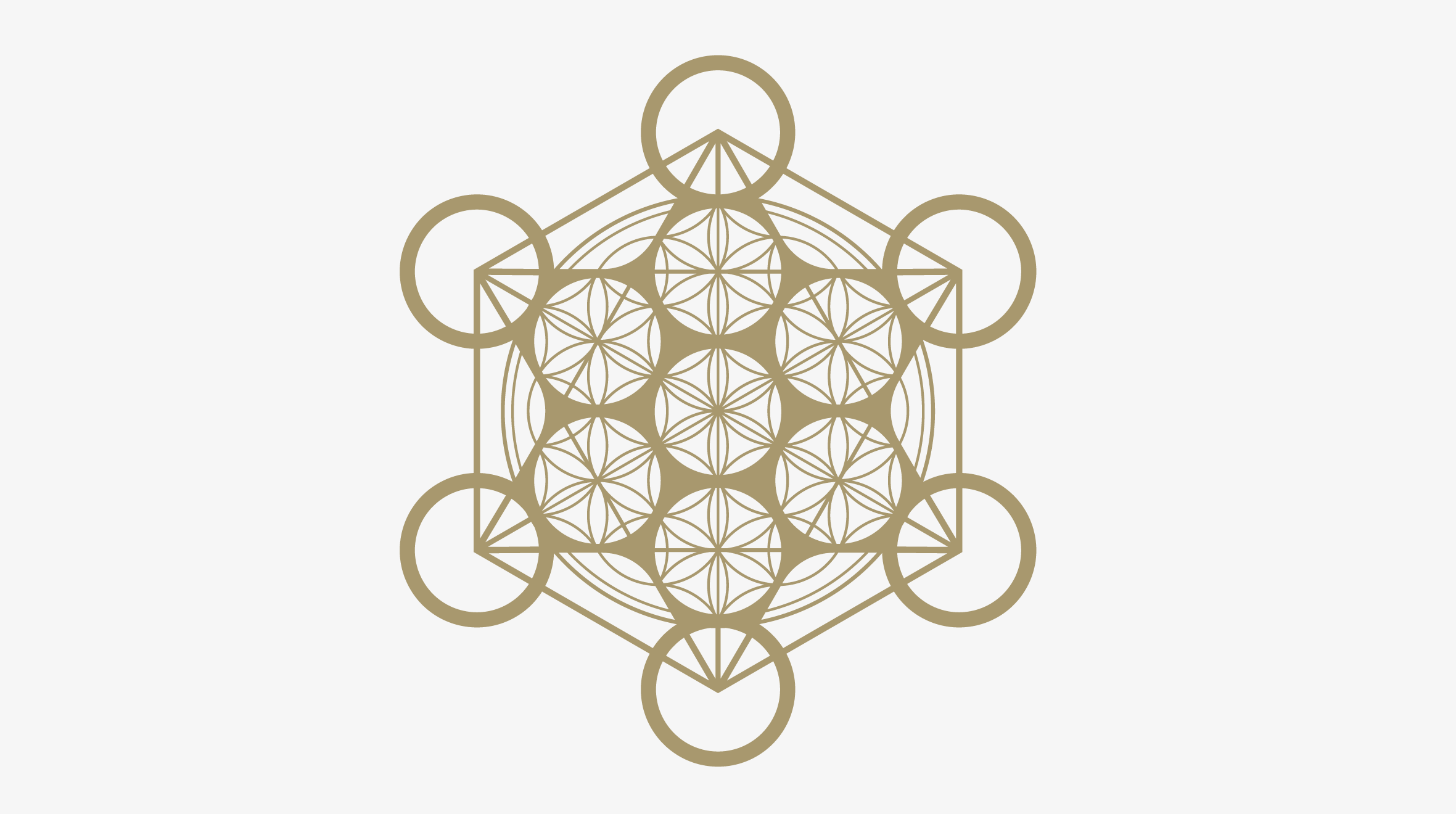The Transmitter staff reporter Calli McMurray was recognized for her coverage of data manipulation, and Quanta contributing writer Max G. Levy won for his piece on electrostatic ecology.
NEW YORK CITY, NY / ACCESS Newswire / November 13, 2025 / Each year, science journalists from around the world compete in eight categories for the AAAS Kavli Science Journalism Awards. This year, judges from the American Association for the Advancement of Science and The Kavli Foundation recognizedThe Transmitter staff reporter Calli McMurray and Quanta Magazine contributing writer Max G. Levy with Gold Awards for Science Journalism. Both outlets are editorially independent publications of the Simons Foundation.
The geometric logo of the Kavli Foundation.
McMurray won the Gold Award in the Small Outlet category for her story "A Scientific Fraud. An Investigation. A Lab in Recovery." The piece explores the fallout of a scientist falsifying data, examining the impact not only on the scientist's career but also on those affected by the fraud.
"We wanted to chronicle the emotional and existential consequences the fraud has on the bystanders," McMurray says. "To do that, many scientists had to talk to me about one of the hardest days of their lives. I am so grateful for their bravery and candor, and for the empathetic insight of my editor Brady Huggett."
Levy received the Gold Award in the Magazine category for "The Hidden World of Electrostatic Ecology," a detailed account of how small organisms use static electricity to their advantage. Quanta biology editor Hannah Waters worked with Levy and the Quanta art department to convey the basic science of the topic - from the static charge on honeybee wings to the electric fields on spider webs - through words, infographics and illustration. The piece also tells a human story about how following curiosity leads to scientific understanding.
"It's hard for us to imagine what the world feels like at the smallest scales inhabited by insects," Levy says. "I was so fascinated to learn about how forces we normally consider weak are actually strong enough to perhaps influence evolution."
Contact Information
Thomas Sumner
Managing Editor
press@simonsfoundation.org
SOURCE: Simons Foundation
View the original press release on ACCESS Newswire
